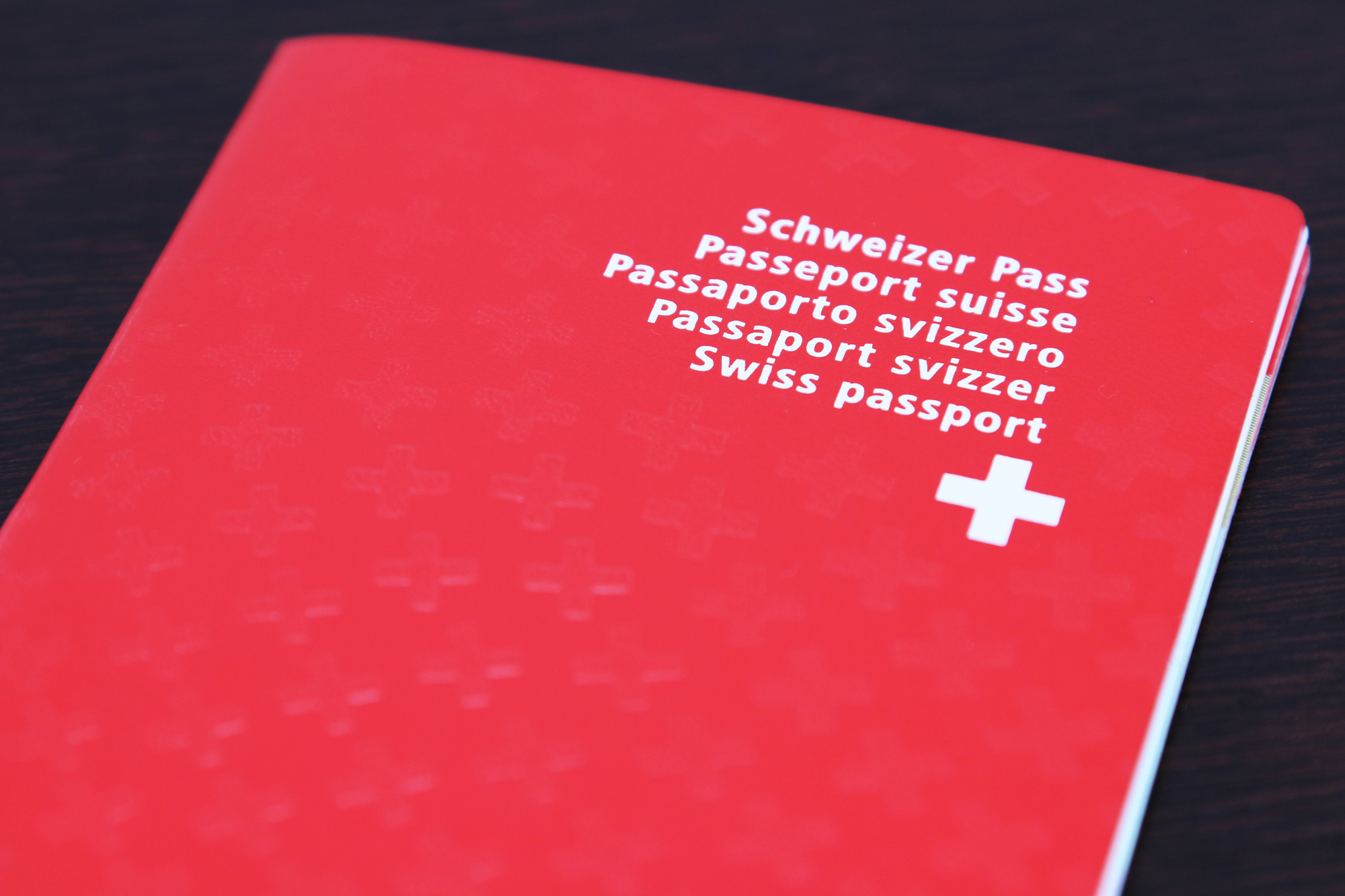87% want digital E-ID from the state
The Federal Council is planning a system change: private companies are to issue the electronic proof of identity (E-ID). A survey shows that 87% of respondents want to obtain the E-ID from the state. The ball is now in the court of the Council of States, which can refer the bill back to the Federal Council.

With their passport or identity card, a person can prove their identity. On the Internet today, such proof is only possible with great difficulty. An electronic proof of identity, or E-ID for short, is intended to solve the problem. If the Federal Council has its way, private companies will issue the E-ID. An alliance consisting of the three major Swiss consumer protection organizations, the Digital Society, the PublicBeta association and the democracy platform WeCollect, has submitted a Survey was commissioned for this purpose. The survey was intended to find out the needs and concerns of the Swiss population with regard to the e-ID. The results are more than clear, emphasize the consumer advocates.
Issuer of the E-ID must be the state
According to the survey, a clear majority of 87% of the almost 1,000 voters surveyed want the state to issue the e-ID. Only just 2%, on the other hand, want private companies to become the "passport office". But this is precisely what the Federal Council is proposing and the National Council has already approved. Interestingly, the "smartphone generation", i.e. people aged 18 to 34, is most clearly in favor of a state solution, with 90%, according to the survey. 75% of respondents would trust the state more than private companies when it comes to data protection. 43% of respondents plan to obtain an E-ID in the next three years, while for 39% there is no need yet. The latter figures show that there is already a strong demand for digital identity, writes the consumer protection agency.
Playing with the confidence of the population
Securing identity has always been a central task of the state, subject to democratic control. If the bill passes in the Council of States, however, the state itself will not issue an electronic identity. Instead, private companies such as UBS, Crédit Suisse, Swiss Post, SBB and Swisscom would be given great freedom in the storage and use of our data, according to consumer protectionists. The federal government would be left with only a weak control function.
The Council of States is challenged
The alliance is in favor of the early creation of the E-ID, but it needs a government solution. The legal regulation of the E-ID is a decision that has a great impact on democracy, privacy and the protection of our personal data.
On June 4, 2019, the Council of States will deal with the e-ID law. Allianz expects that he will send the law back to the sender for correction. In a second attempt, this would clear the way for a state E-ID that actually enjoys the trust of the population.
Source: Foundation for Consumer Protection









